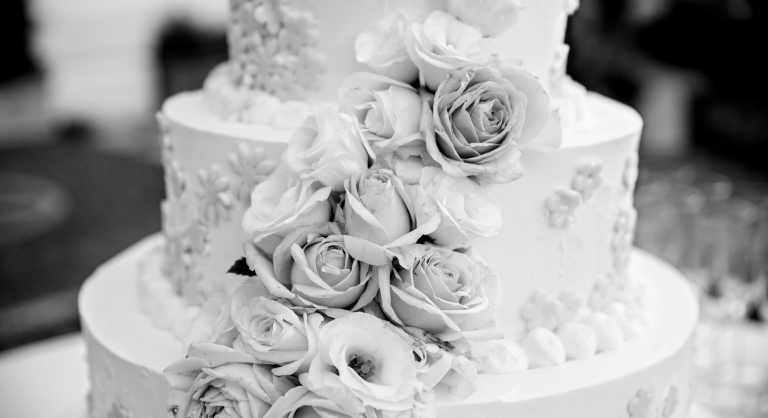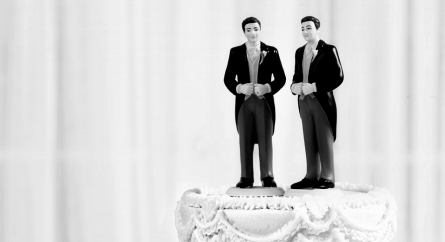Colorado Baker Rises to Top of SCOTUS Decision
In fall 2017, The Supreme Court of the United States heard Masterpiece Cake Shop, Ltd., et al v. Colorado Civil Rights Commission et al, which led to a recent decision. The following is an update on a previously written post regarding the case, titled, “Let Them Eat Cake! Religious Beliefs or Discrimination?” by Maria Remillard.
The Supreme Court of the United States (SCOTUS) recently vacated a lower court decision, which determined that a Colorado baker unlawfully discriminated against a same-sex couple when he refused to provide a wedding cake for them, citing his religious belief that marriage is between one man and one woman. Central to the opinion was the determination that the baker did not receive a neutral and respectful consideration of his claims of religious objections. Statements made during discrimination hearings appeared to imply that the Commission would not consider the baker’s sincerely held religious beliefs if he chose to do business in the state.
SCOTUS relied heavily on the fact that both federal law and Colorado law did not yet recognize same-sex marriage in 2012 when the issues in this case arose and focused on the appearance that the Civil Rights Commission did not fairly and impartially apply the baker’s right to the free exercise of his religion when responding to the discrimination charges. While individuals have the right to be free from discrimination, the enforcement of these laws must “do so with the religious neutrality that the Constitution requires.” SCOTUS held that the Commission unfairly violated the baker’s right to the free exercise of his religion. The opinion highlights the Commission’s treatment and its reaction to the baker’s religious beliefs. For example, during a hearing, a commissioner equated the baker’s religious beliefs to instances where “religion has been used to justify discrimination,” such as slavery and the Holocaust.”
This opinion does not grant individuals the right to discriminate against others while citing religious freedoms, and includes frequent statements about concerns of impartiality. Although today’s ruling was very narrow and does not affect LGBTQ-inclusive anti-discrimination laws, it may pave the way for other cases that seek to whittle away at anti-discrimination efforts through the use of religious freedom.
Categorized: LGBTQ Rights
Tagged In: Cake Shop Ltd, Colorado baker, Marriage, religious beliefs, SCOUTS, Supreme Court of the United States




